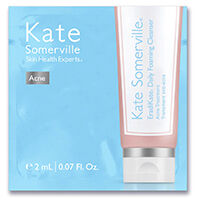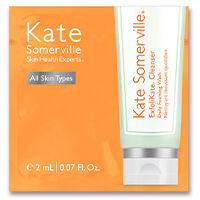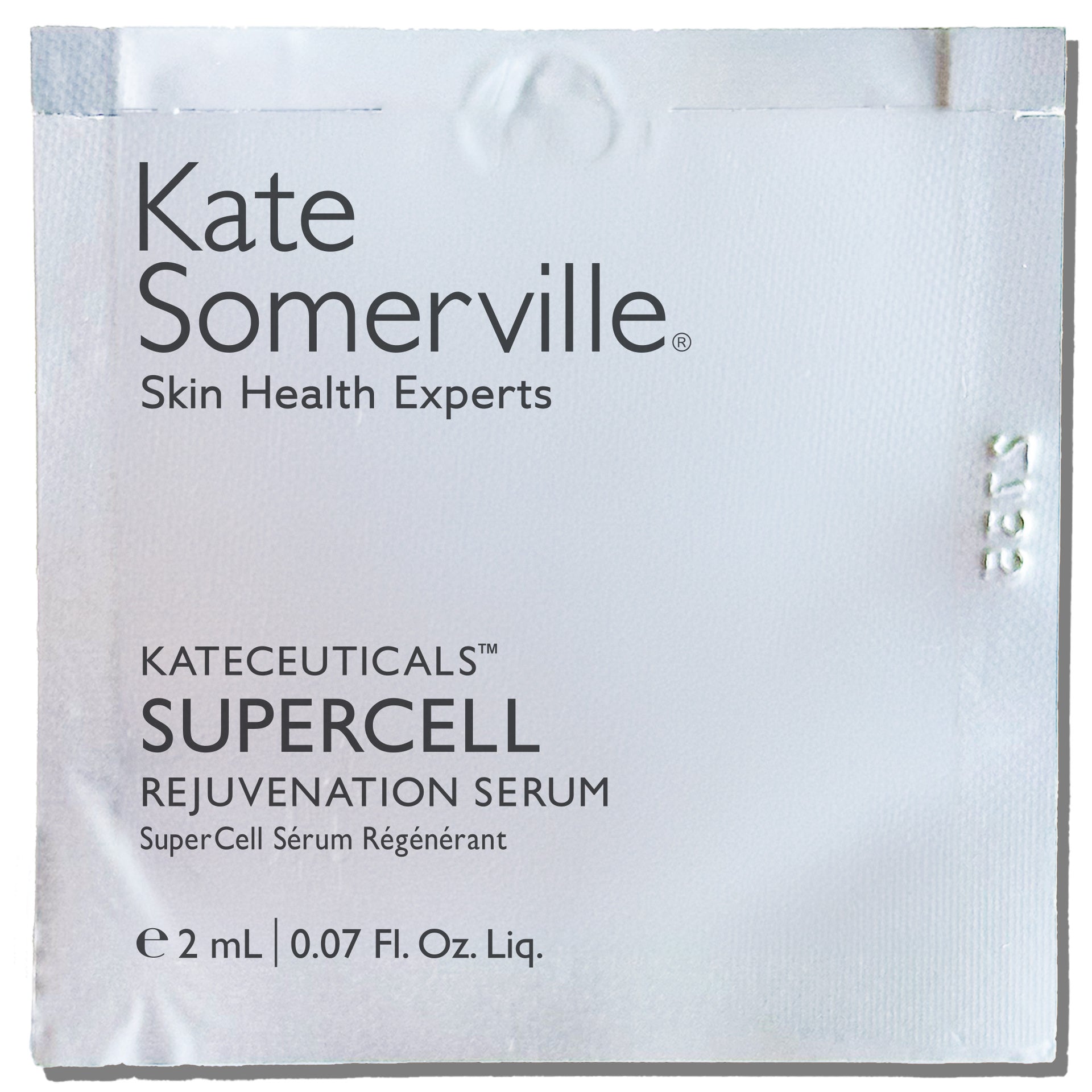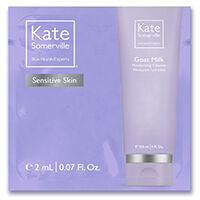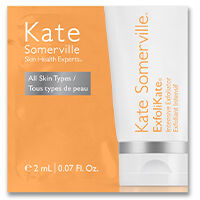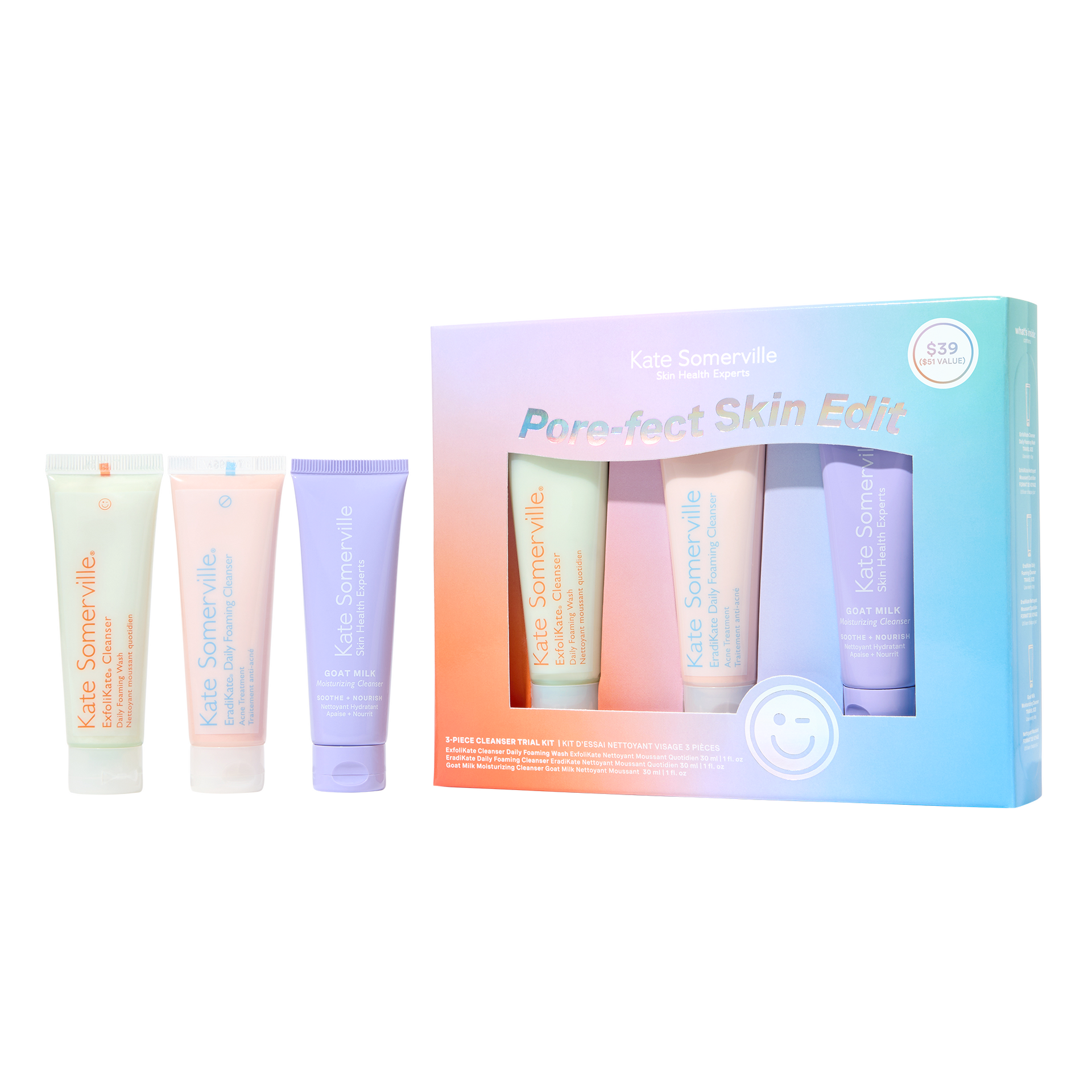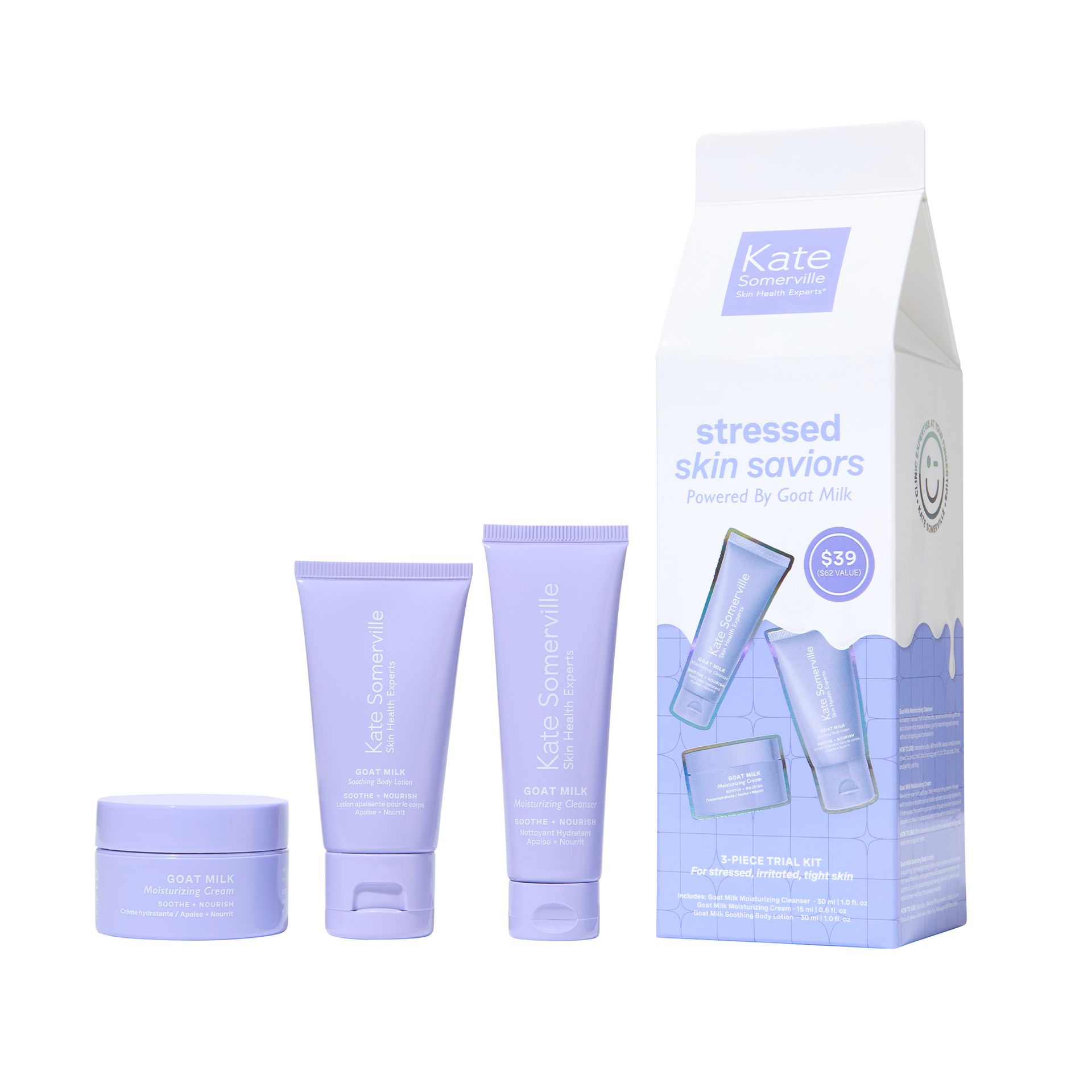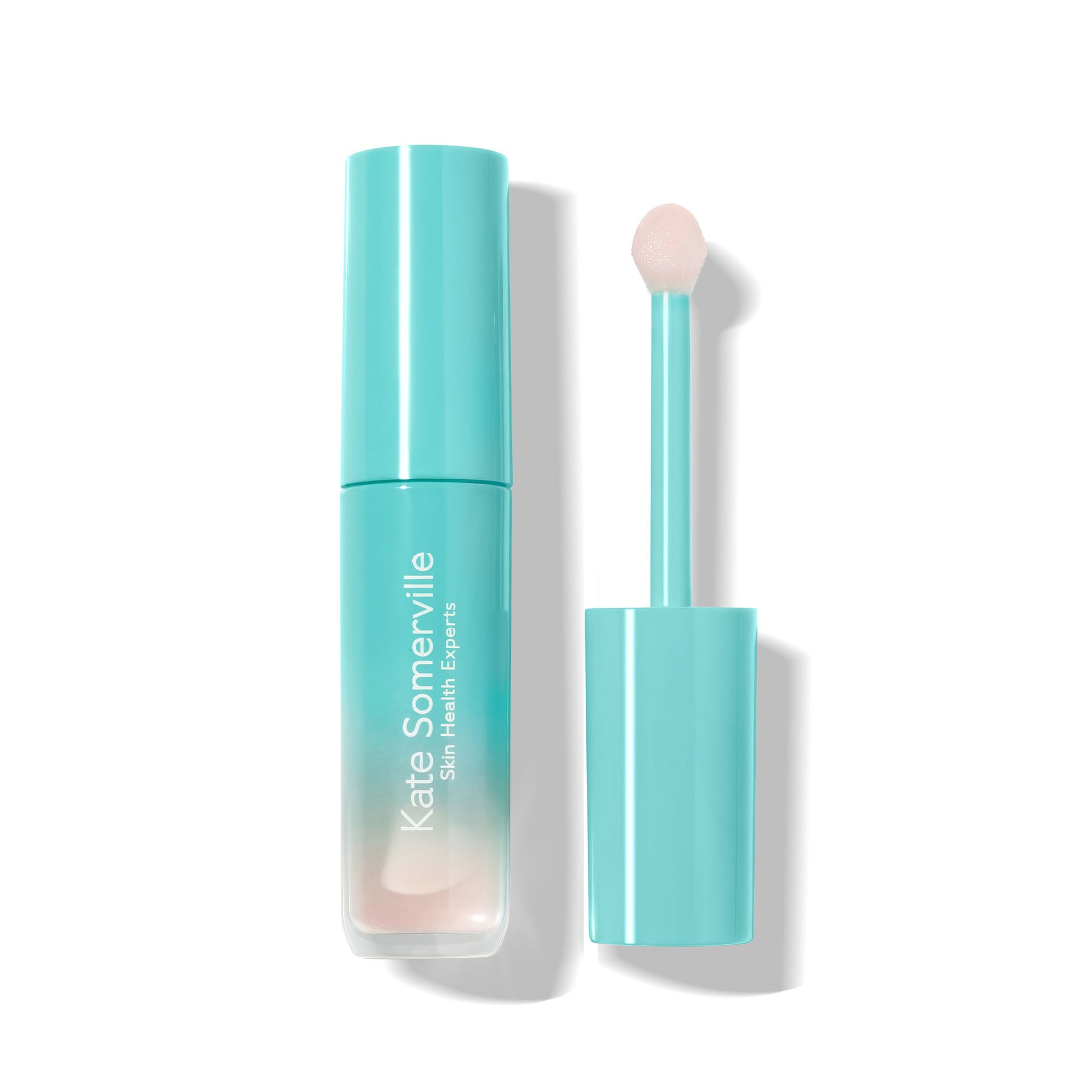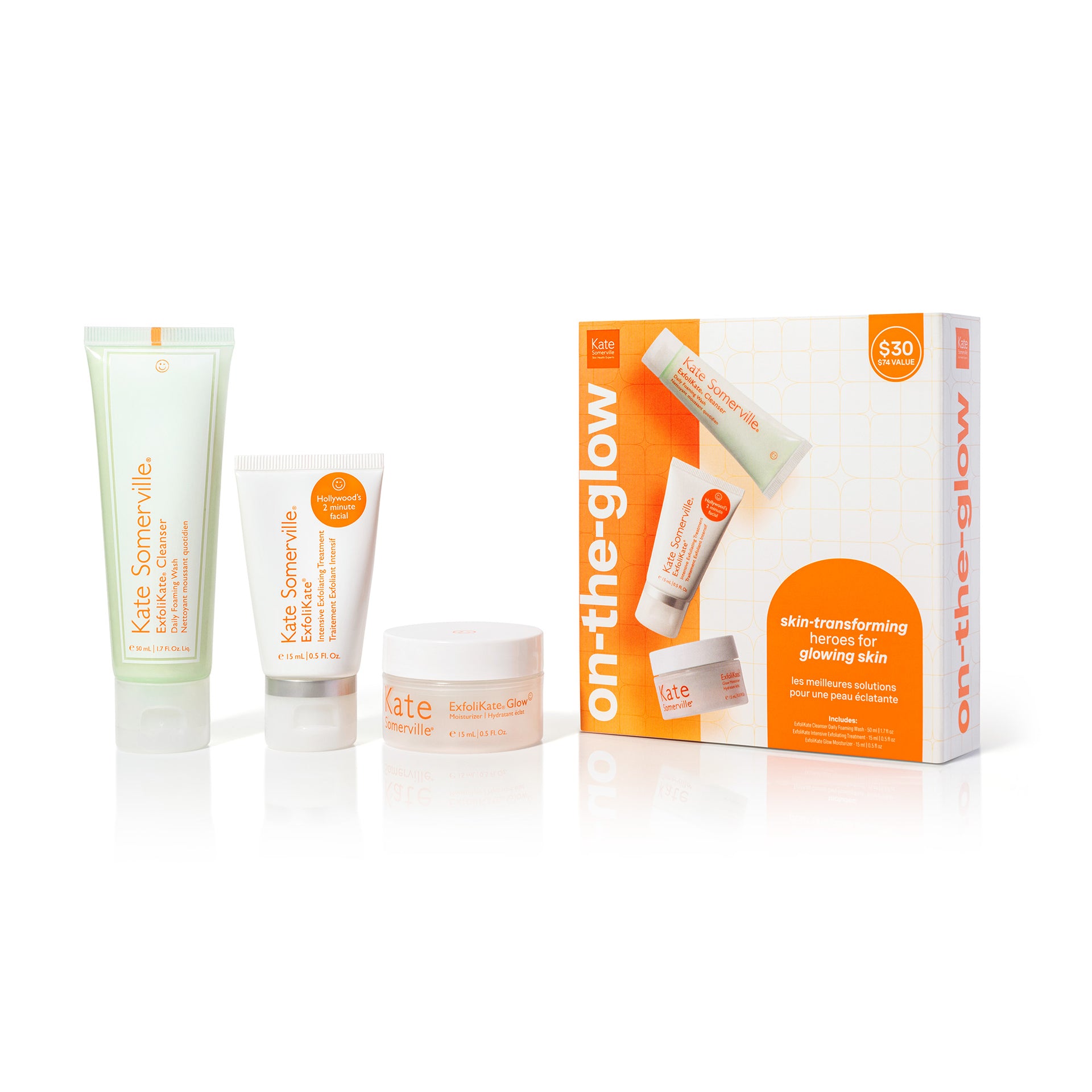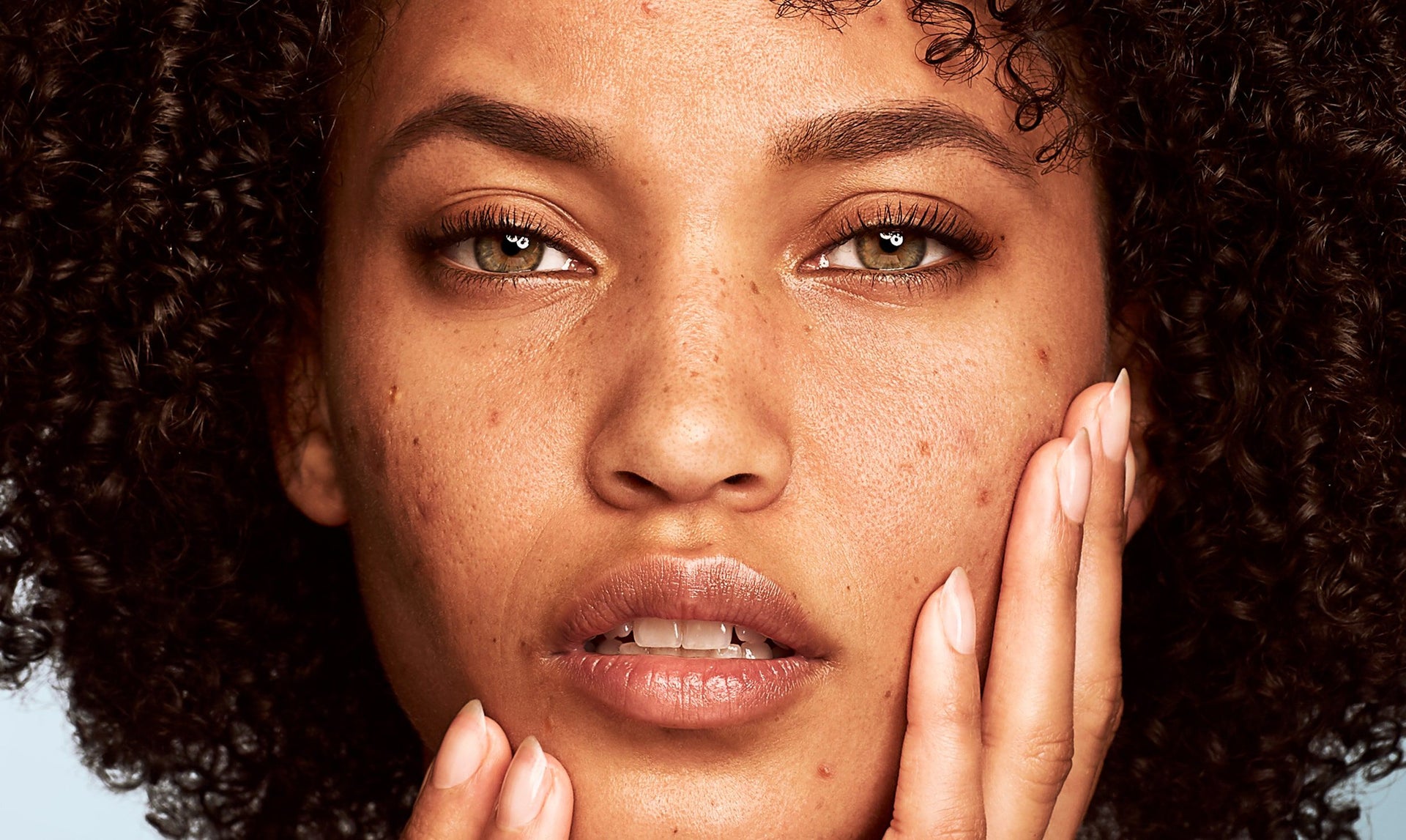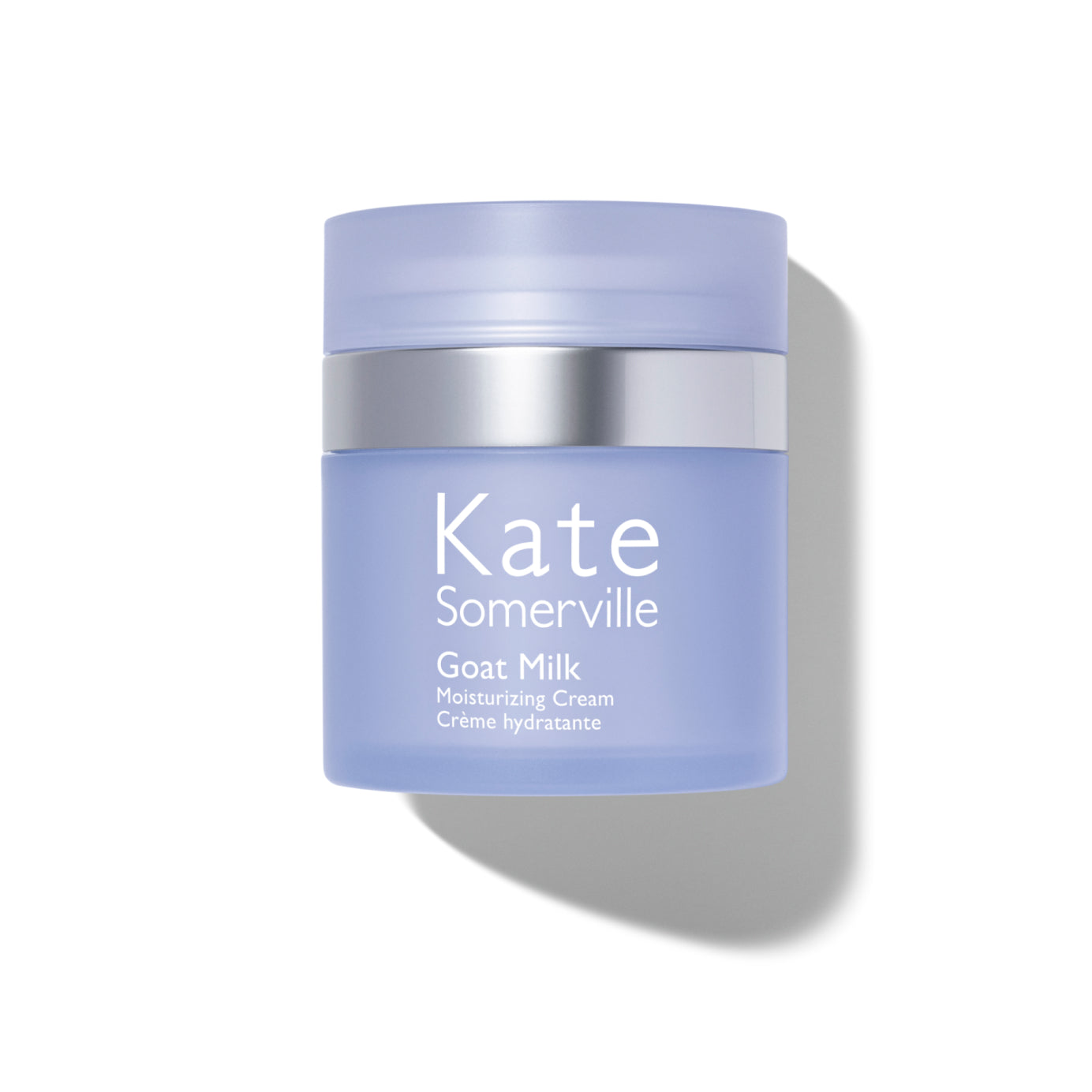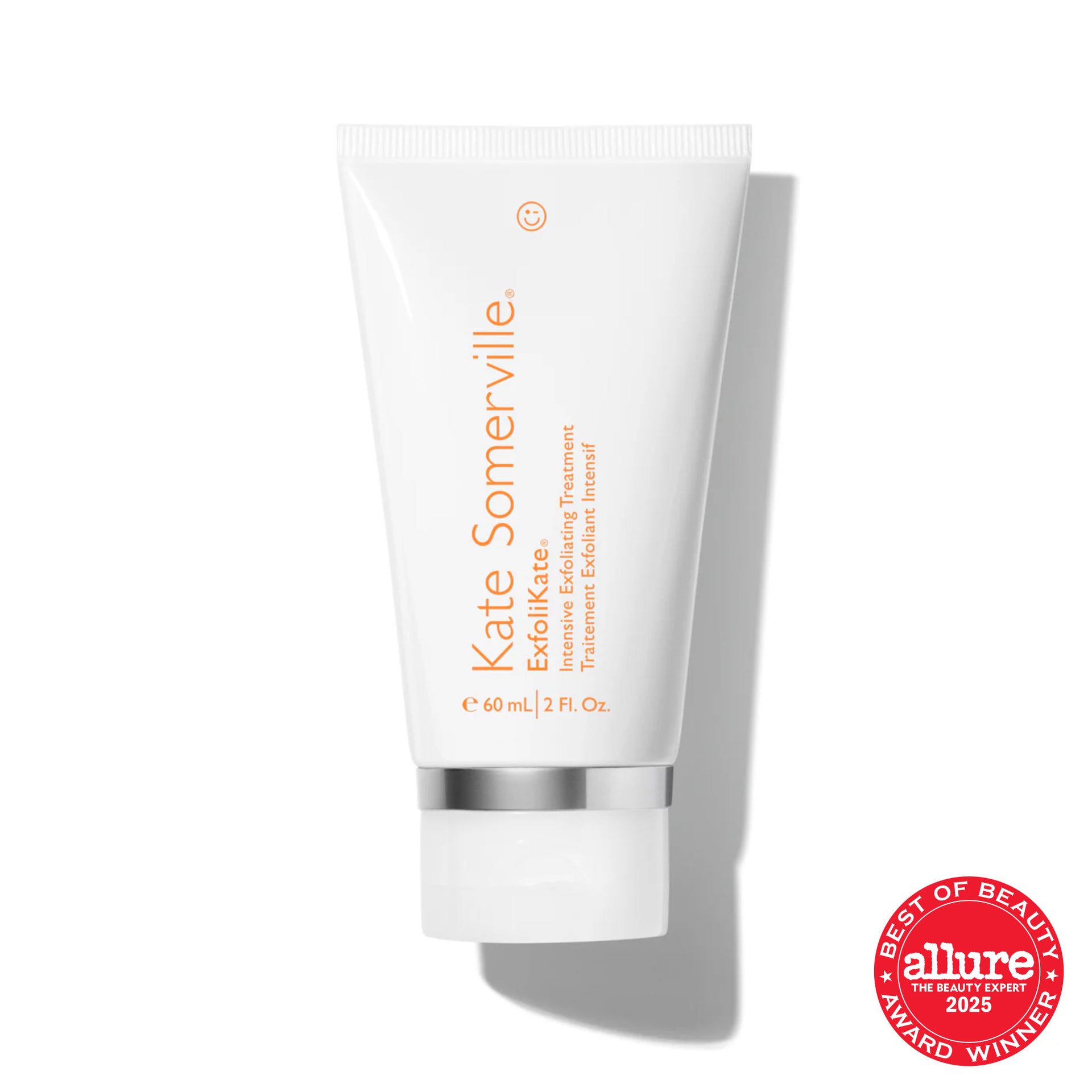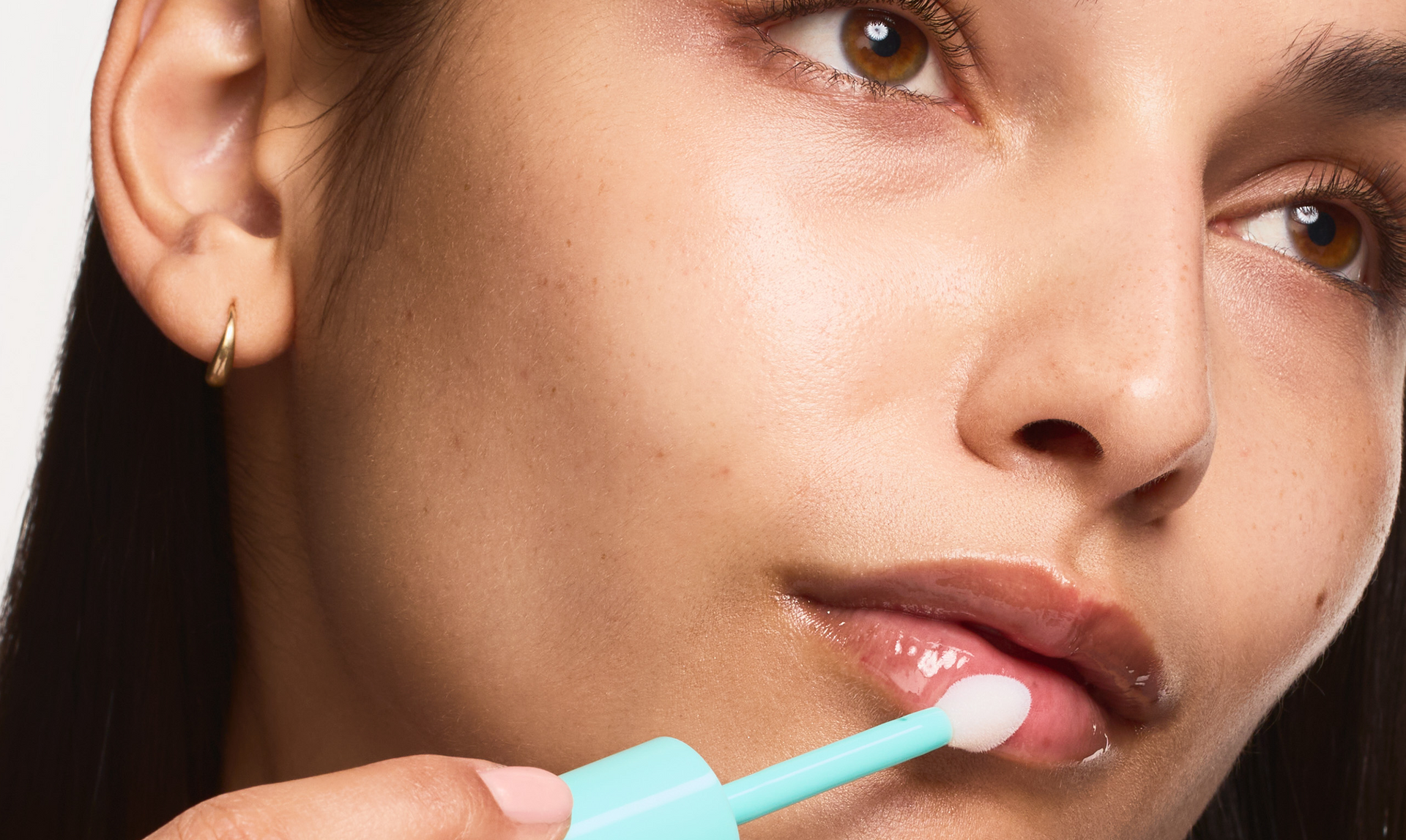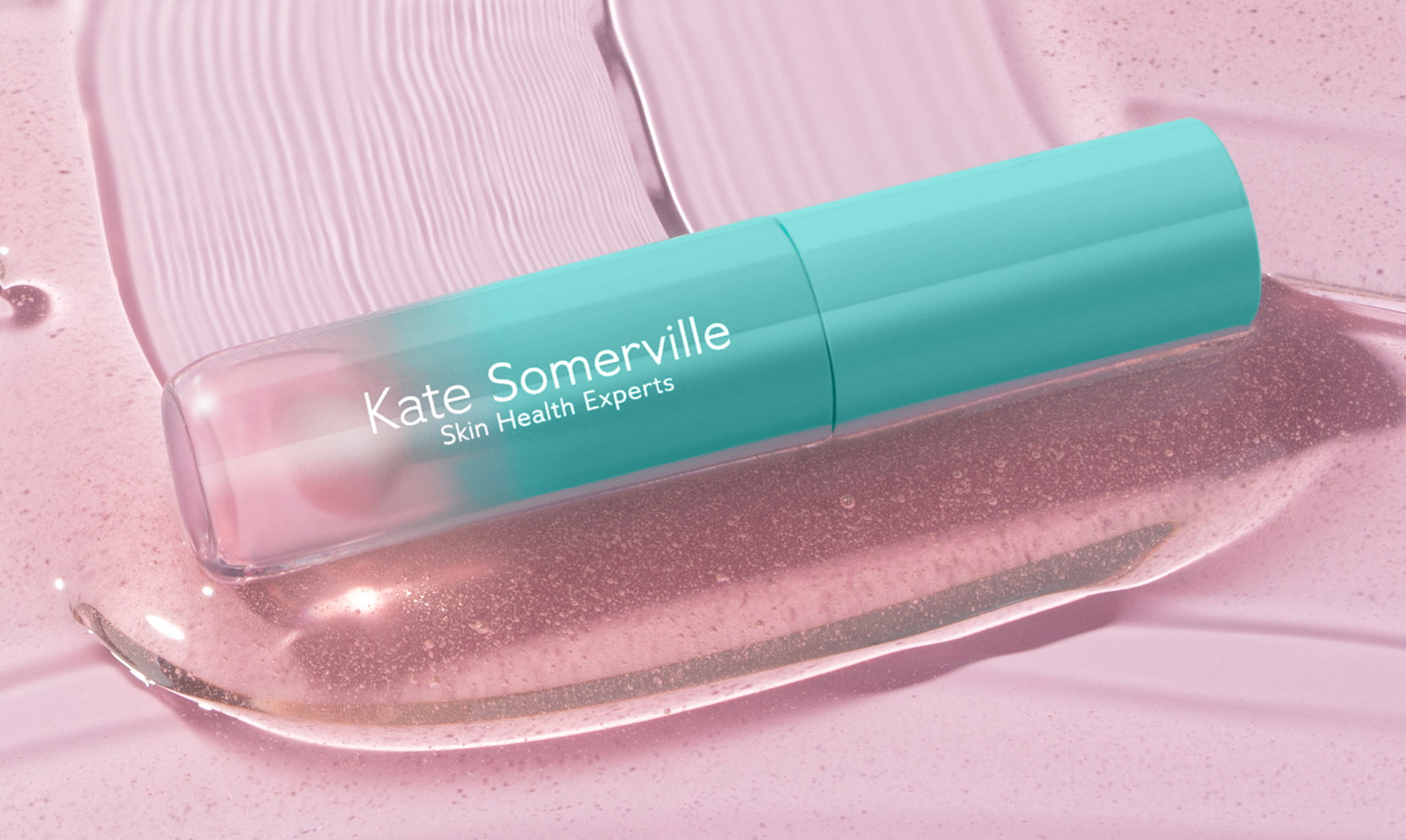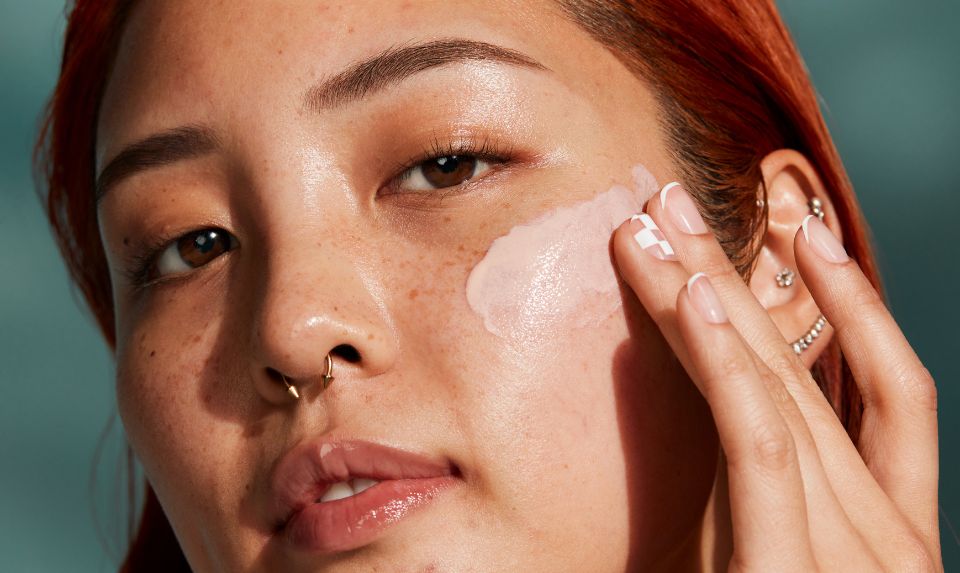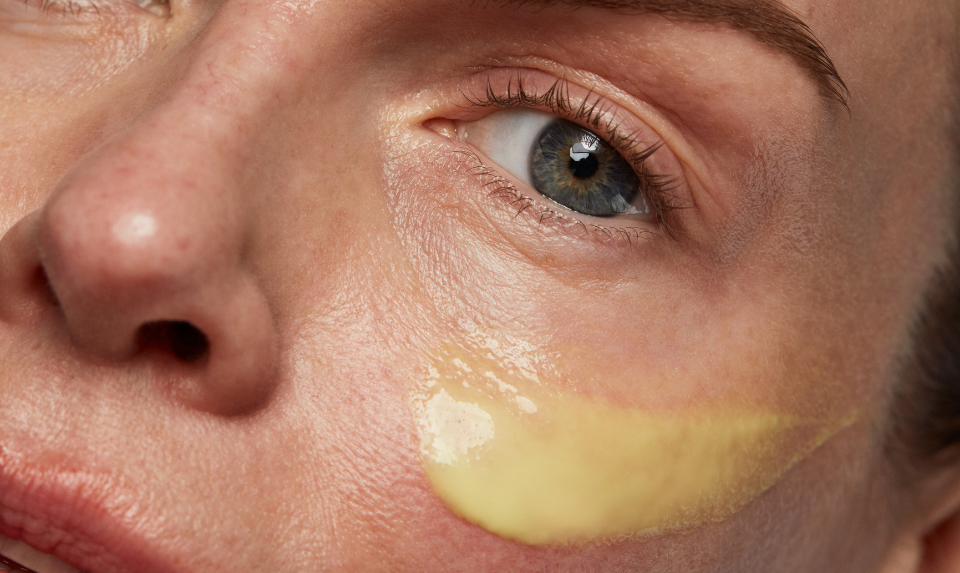While the spotlight ingredient or hero product of the beauty industry is constantly changing, with each ingredient flaunting new and exciting benefits promised to take skin health to the next level, there’s one ingredient that stands the test of time. Vitamin E is a naturally occurring component of healthy skin, often found in moisturizers, eye creams, serums, and more. In fact, we’d bet that you already have one or two products in your routine with vitamin E.
What is vitamin E exactly? We asked our team of Kate Somerville Skin Health Experts to share why you should incorporate it into your routine—especially if you’re someone who has acne-prone skin.
What is Vitamin E?
Vitamin E refers to a group of oil-soluble antioxidants. There are eight different forms of vitamin E, two of which are commonly found in skincare products; tocopheryl acetate and tocopherol. Tocopherol is the only form that is identical to the natural molecule, and because of this, it’s almost always the one used in cosmetics, especially those of high potency.
How Does Vitamin E Benefit Skin?
Wondering how applying topical vitamin E will benefit your skin? This antioxidant works hard to fight off free radicals on the skin. Like air pollution and unprotected sun exposure, free radicals are unstable environmental aggressors searching for a way to become stable. They do this by binding to our skin’s structural components and causing damage to our skin during the process.1 Minimizing these stressors from entering the skin protects vital components like skin protein. Luckily, vitamin E works well for people with any skin type, from sensitive skin to oily skin, so anyone can reap the benefits.
Does Vitamin E Help With Acne?
So, can vitamin E help with acne? Aside from protecting skin from damaging free radicals, vitamin E benefits extend to moisturizing and helping to restore skin. The soothing benefits of vitamin E can help calm the skin when irritated, making it a great addition to your skincare routine if you’re struggling with an acne breakout.
Because vitamin E is fat-soluble, it is easily absorbed. So, for those also wondering if vitamin E is good for scars, the answer is yes. It can help minimize their appearance to restore healthy-looking skin faster.
How to Use Vitamin E For Acne
When using vitamin E, one thing to remember is that if it’s used in large amounts or its pure form, it could potentially clog pores, especially for people with acne-prone skin. To ensure that vitamin E works with your skin instead of against it, we recommend purchasing a product, like a moisturizer or serum, with vitamin E listed as one of the main ingredients.
If you’re eager to try the latest Vitamin E moisturizing cream, creams like our Goat Milk Moisturizing Cream are clinically formulated and tested for sensitive skin. It works to boost your skin’s hydration levels while also soothing skin.
Exfoliants like our Exfolikate® Intensive Exfoliating Treatment combines exfoliating ingredients like AHA Lactic Acid with soothing ingredients like vitamin E to reveal a smoother texture and improve the appearance of pores in just two minutes. Using this product at the start of your skincare routine will help prep the skin to better absorb the rest of your regimen and make each product that follows more effective.
If you’re new to using vitamin E, we recommend trying it out with our Goat Milk Moisturizing Cream first. The low concentration of vitamin E and skin-soothing benefits make it an excellent way to slowly incorporate it into your skincare routine and ensure it’s an ingredient that works well with your unique skin type.
Sources:

